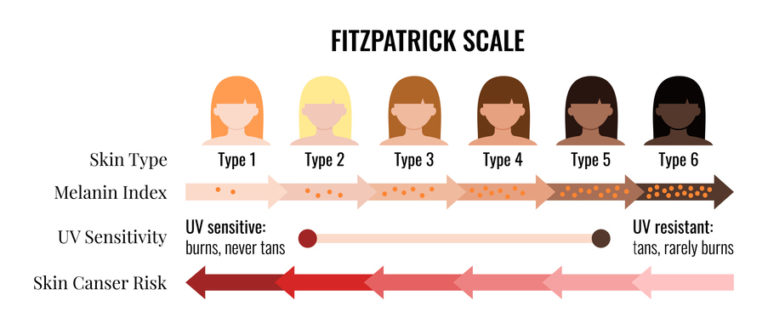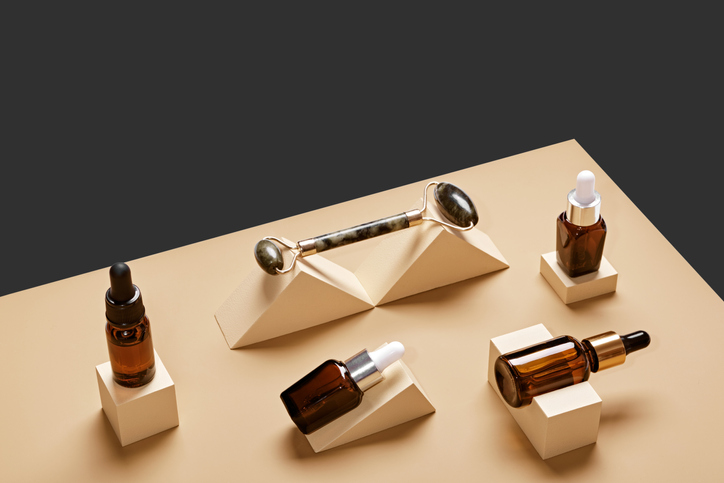
Top 3 Vitamins We Love for Skin Health
Learn why we love Vitamin B3, Vitamin C, and Vitamin D, and how each can make a difference in your skin health.
Dr Michael Rich is a specialist dermatologist who has been performing tumescent liposuction for over 30 years. Find out if Liposuction is suitable for you at ENRICH Clinic.
At ENRICH Clinic, we have a wide range of dermatological and cosmetic body treatments tailored to individual body and patient needs.
At ENRICH Clinic, our treatments are performed by our medical team consisting of doctors, nurses, and dermatologists and are tailored to each patient’s skin health needs.
ENRICH Clinic is committed to your skin health and well-being with a range of dermatological & cosmetic treatments tailored to the individual. Our treatments are performed by our medical team consisting of doctors, nurses, and dermatologists.
Skin health is essential for everyone. ENRICH Clinic has a wide range of technologies and dermatological solutions to help you achieve your skin care goals.
With the explosion of social media and influencer culture, navigating the skincare world has become even more complex. This Skincare 101 blog is here to help you cut through the noise, empowering you with the knowledge to confidently make informed decisions about the skin products and skin treatments that will work best for your unique skin type.
In this blog, we will address the latest skincare trends and debunk common myths while also providing guidance on the products and treatments you should avoid based on your skin type – dry, oily, combination, sensitive, or acne-prone. Our goal is to ensure your skincare routine is effective in achieving a healthier, more radiant complexion.
Before delving into the world of skincare products and treatments, it’s essential to identify your skin type accurately. Knowing your skin type helps you make better decisions when choosing products and allows you to create a customised skincare routine that caters to your specific needs. Here are some tips to help you accurately determine your skin type:
Start by thoroughly cleansing your face and gently patting it dry. Then, wait for about an hour and observe your skin without applying any products. This will allow your skin to return to its natural state, providing you with a better understanding of its true condition.

The T-zone (forehead, nose, and chin) is crucial for determining your skin type, as it can exhibit different characteristics from the rest of your face. Pay close attention to this area’s oiliness, dryness, or balance.
Gently press a clean blotting paper onto different areas of your face (forehead, nose, cheeks, and chin). Examine the amount of oil left on the paper to help identify your skin type. The more oil absorbed, the oilier your skin type.
Based on these observations, you can classify your skin into one of the following categories:
Remember that your skin type can change due to age, hormones, climate and lifestyle. Therefore, it’s essential to re-evaluate your skin type periodically and adjust your skincare routine accordingly to maintain its health and radiance.
Your dermatologist, dermal practitioner, beautician or aesthetic nurse can also help you identify your current skin type.
While having a normal skin type may seem like smooth sailing, avoiding specific ingredients, products, and treatments that could disrupt your skin’s balance is crucial. Let’s dive into the don’ts for each skin type, beginning with normal skin.
![]()
Regardless of your skin type, there are certain precautions everyone should take to ensure their skincare routine is both considered and effective. Here are some general guidelines to follow:
By accurately identifying your skin type, avoiding products and treatments that may cause harm, and following general precautions, you can create a customised skincare routine that addresses your unique needs while maintaining your skin’s overall health.
When in doubt, consult our dermatologists or skincare specialists to ensure you’re making the best choices for your skin.
*With all surgeries or procedures, there are risks. Consult your physician (GP) before undertaking any surgical or cosmetic procedure. Please read the consent forms carefully and be informed about every aspect of your treatment. Surgeries such as liposuction have a mandatory seven-day cooling-off period to give patients adequate time to be sure of their surgery choice. Results may also vary from person to person due to many factors, including the individual’s genetics, diet and exercise. Before and after photos are only relevant to the patient in the photo and do not necessarily reflect the results other patients may experience. Ask questions. Our team of dermatologists, doctors and nurses are here to help you with any of your queries. This page is not advice and is intended to be informational only. We endeavour to keep all our information up to date; however, this site is intended as a guide and not a definitive information portal or in any way constitutes medical advice.
"*" indicates required fields
Combining Dr Rich’s dermatological skill with his knowledge of restorative skin regimes and treatments, the ENRICH range is formulated to help maintain and complement your skin. Our signature Vitamin C Day & Night creams are now joined by a Vit A, B,&C Serum and a B5 Hyaluronic Gel, both with hydration properties and much, much more.

Learn why we love Vitamin B3, Vitamin C, and Vitamin D, and how each can make a difference in your skin health.

Learn what the Fitzpatrick skin type system is and why we always check your skin type before any procedure at Enrich.

Makeup can temporarily make your skin look flawless & dewy, but it merely masks imperfections & may not address the root causes of your skin concerns.

Keep your skin looking and feeling its best with these upcoming skincare trends of the year. Learn more about the products, treatments, and cosmetics you’ll need to stay on top of the latest in aesthetics skincare.
Subscribe to the ENRICH newsletter and receive latest news & updates from our team.
Enrich Clinic acknowledges the Traditional Lands of the Wurundjeri Woi Wurrung and Bunurong peoples of the East Kulin Nations on which we work and trade. We pay respect to their Elders past, present and emerging. We extend our acknowledgement and respect to the LGBTQIA+ community who we welcome and support. Read our full Acknowledgement Statement here
